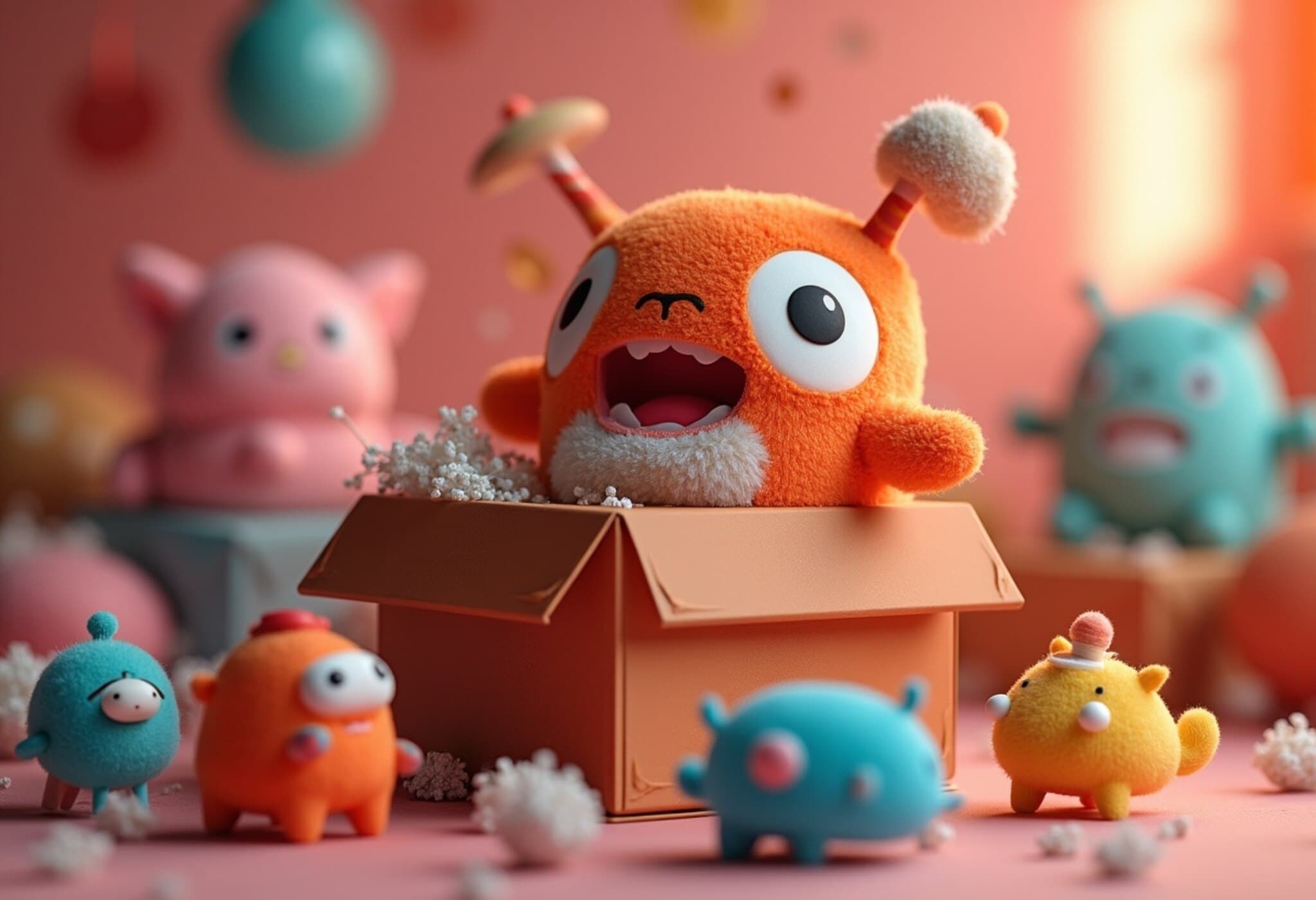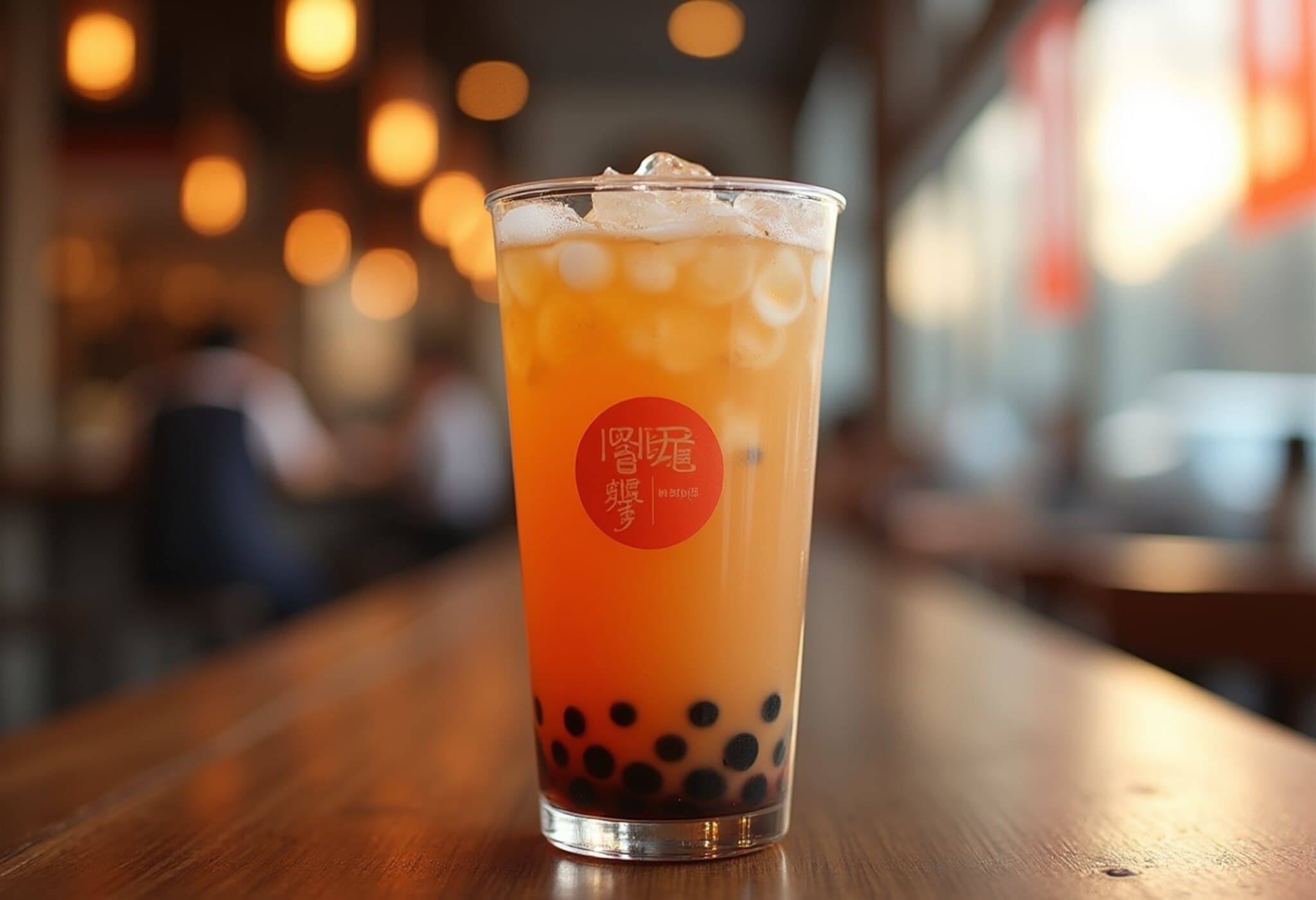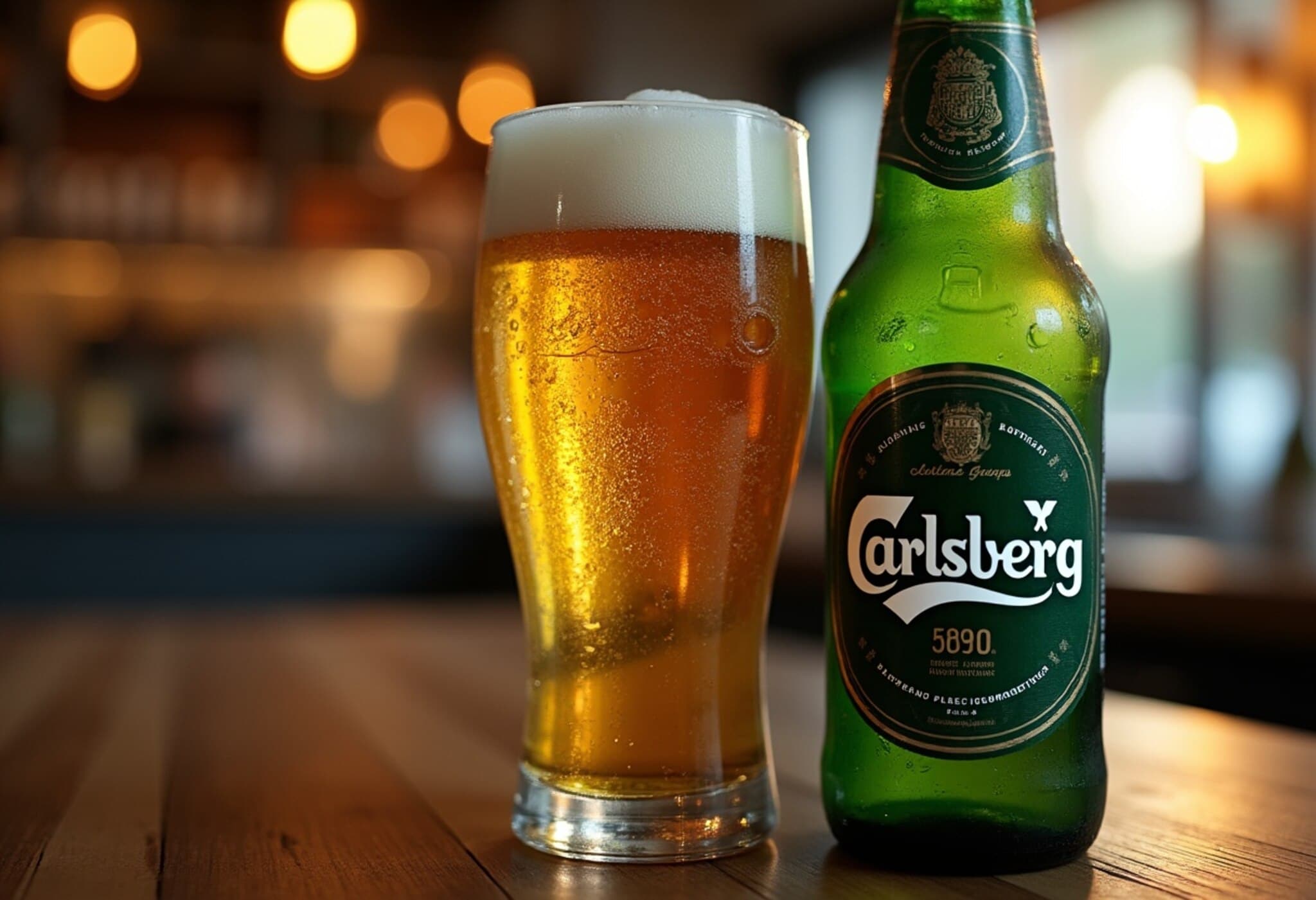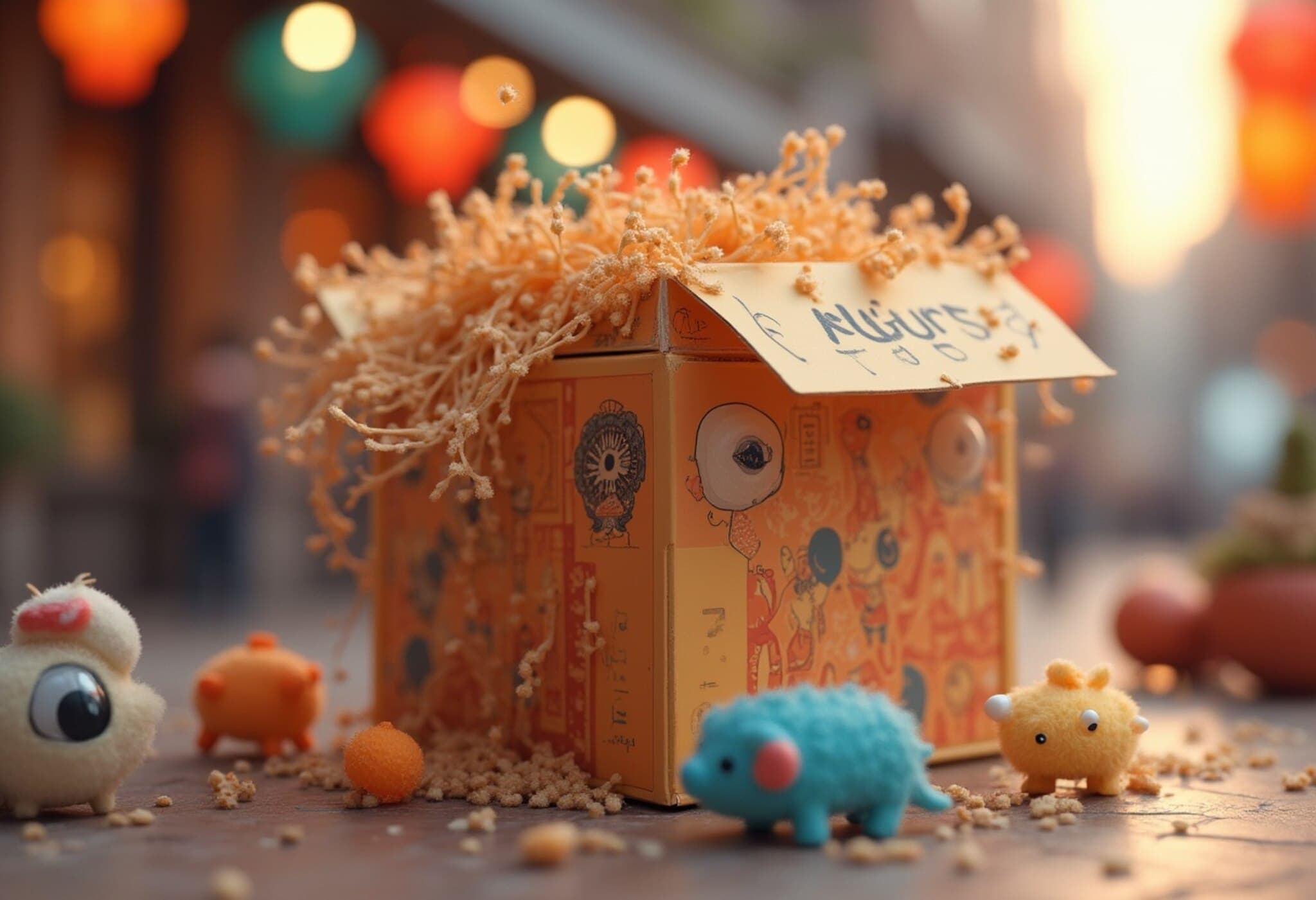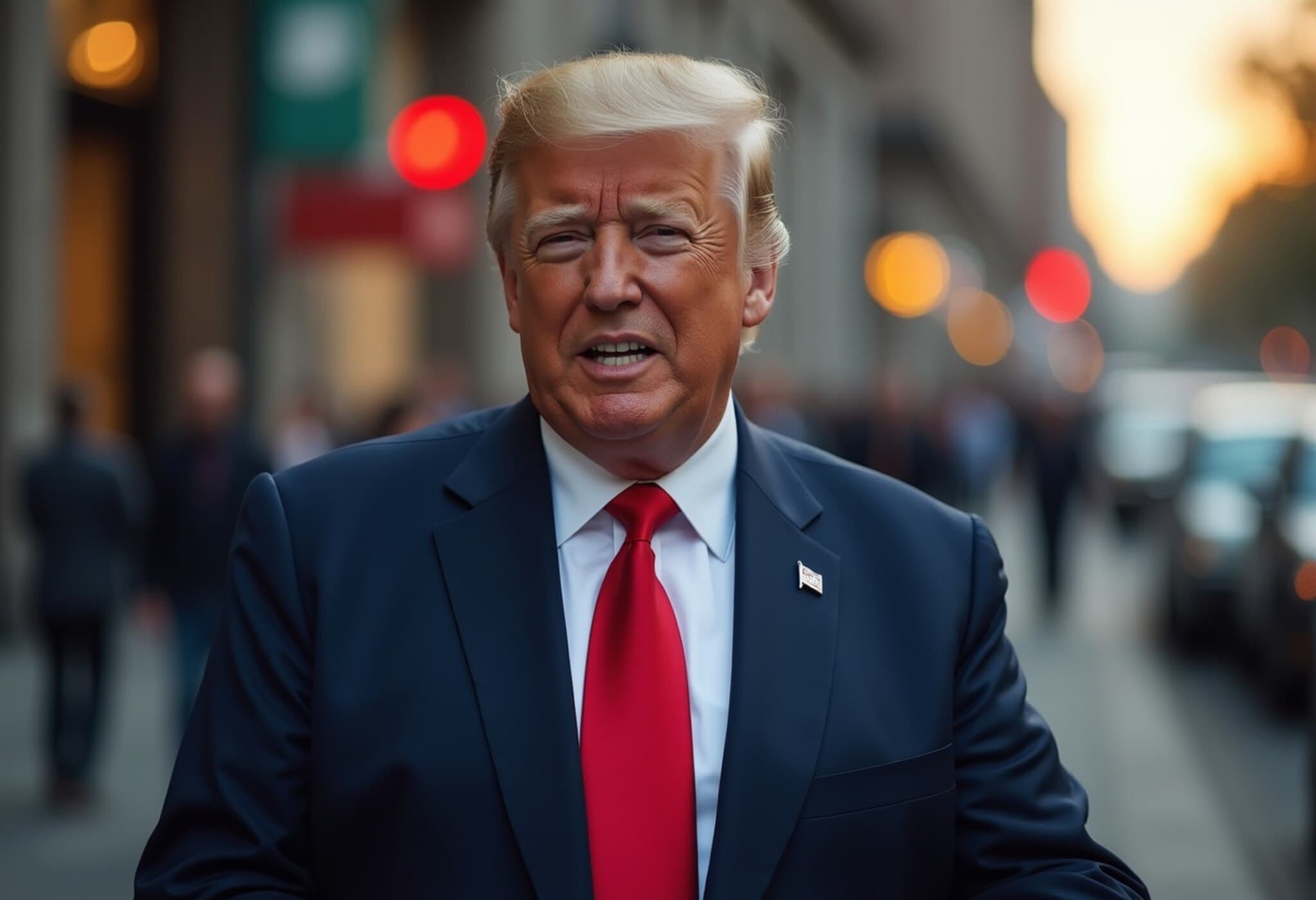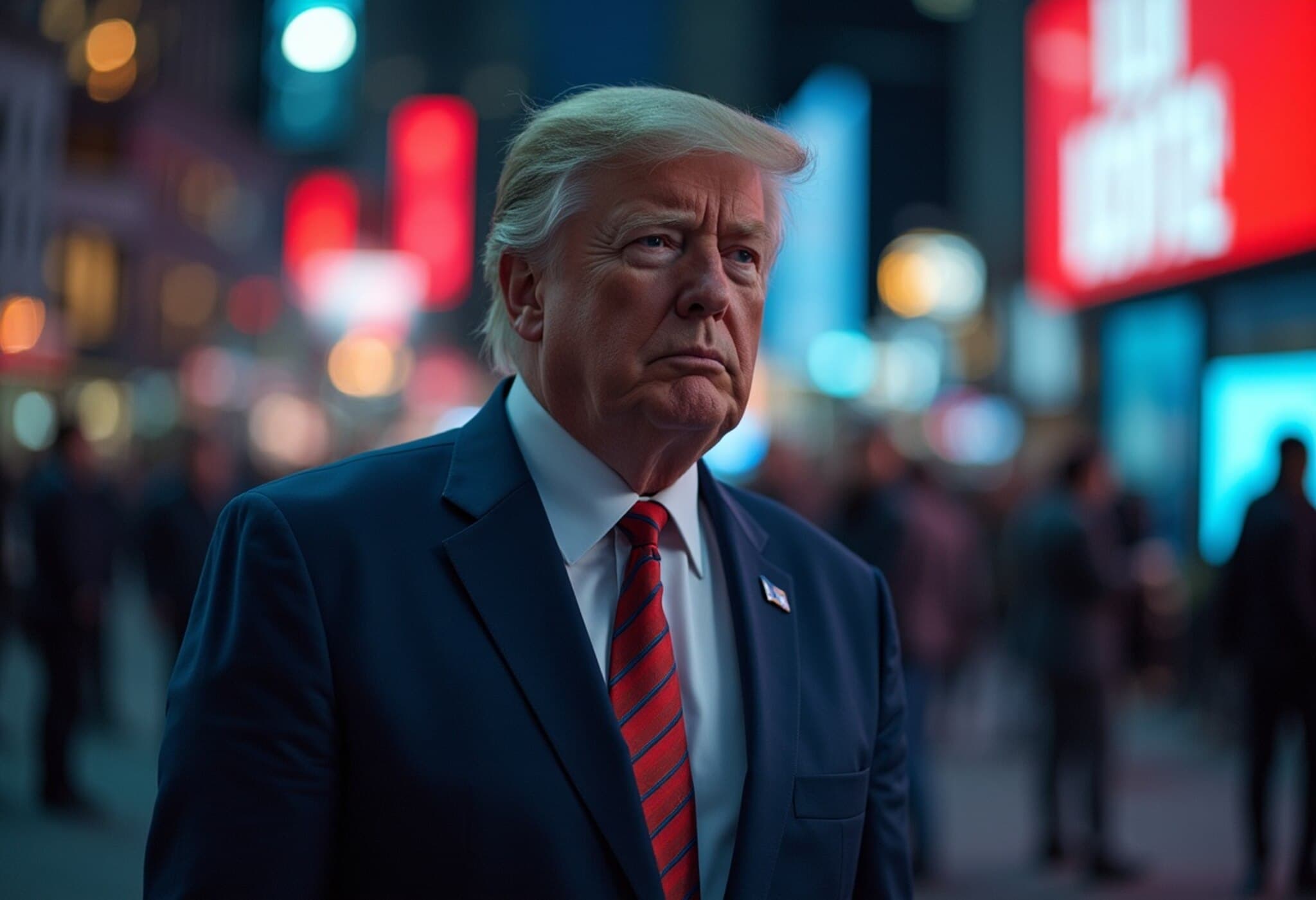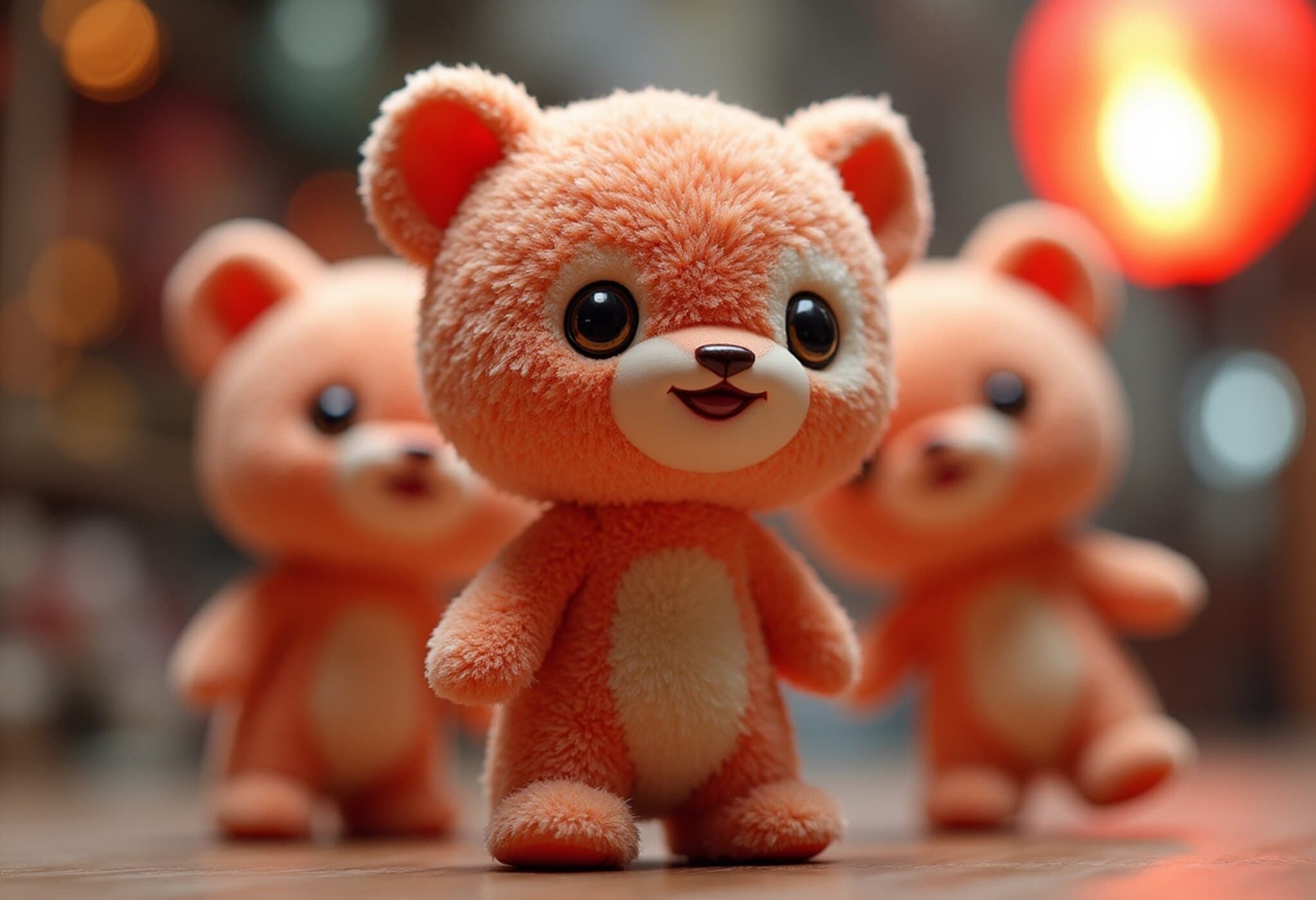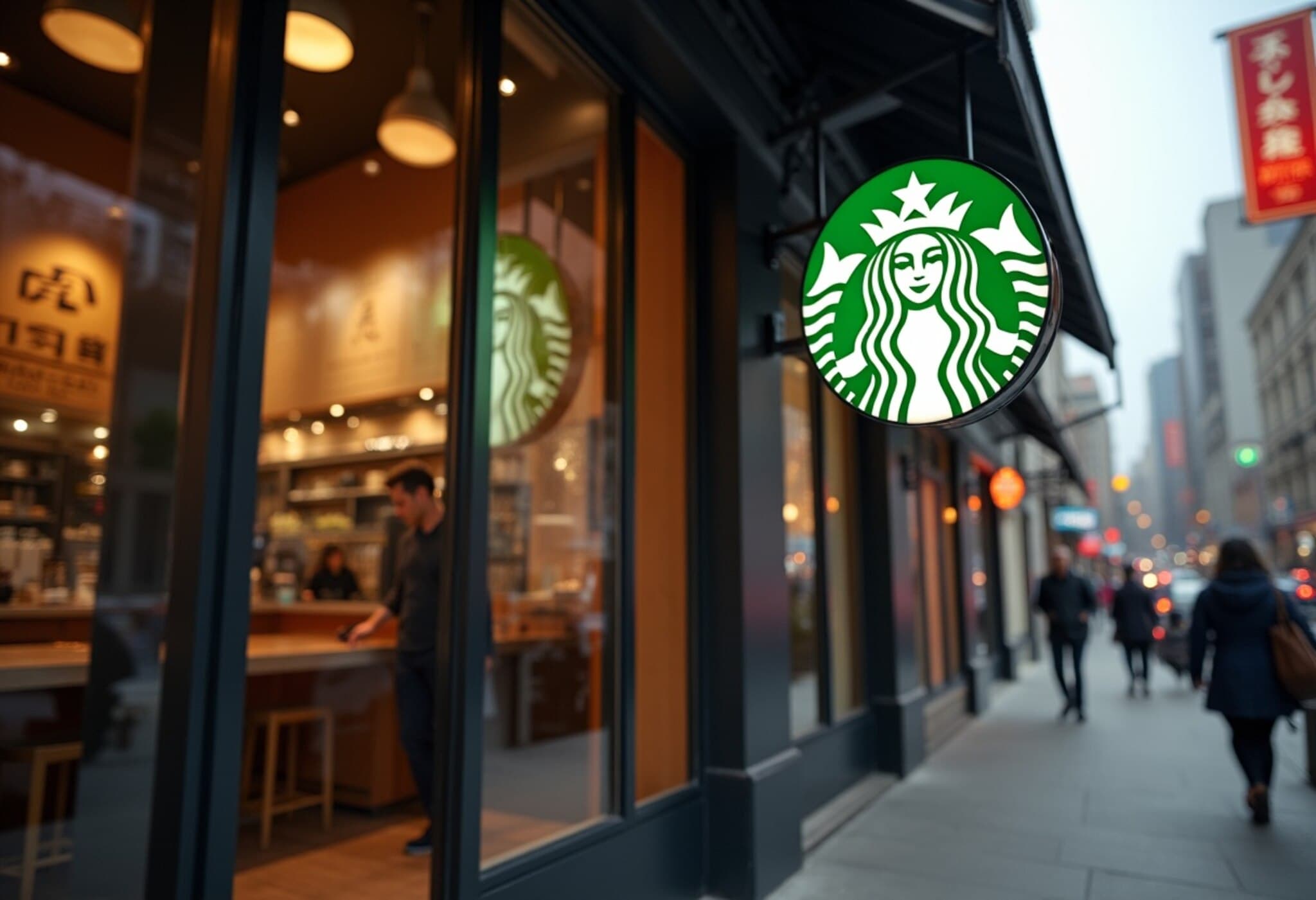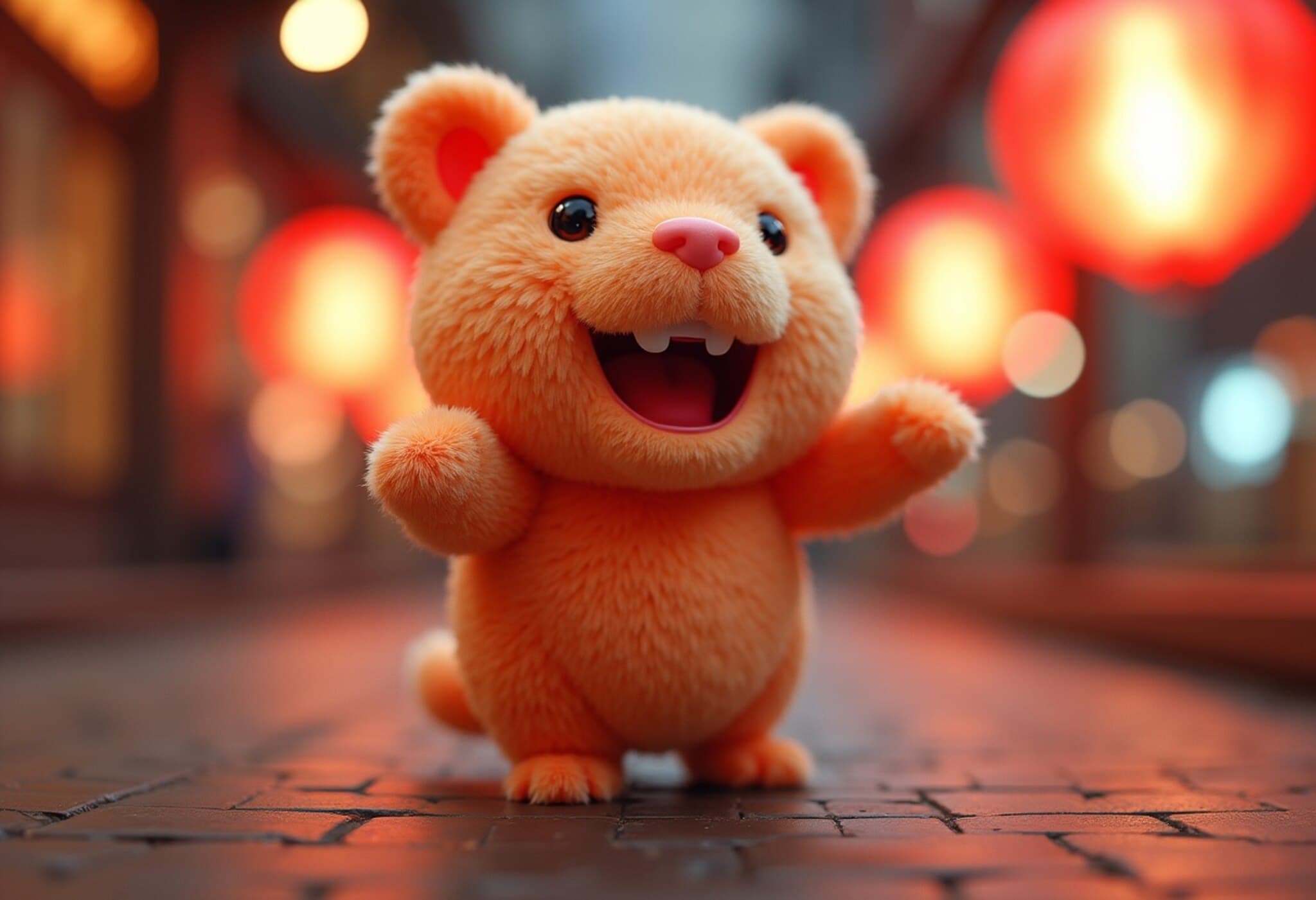Pop Mart Navigates China's Regulatory Concerns on Blind Box Toys
Despite stern warnings from Chinese authorities regarding the addictive nature of "blind box" toys, Pop Mart — famous for its Labubu collectible dolls — continues to captivate consumers and maintain momentum as one of China's most popular consumer brands.
In late June 2025, state media called for stricter controls on the sale of blind-boxed toys and collectible cards to children under eight, pushing for age verification and parental consent during transactions. Although the criticisms targeted practices enticing young children to overspend on mystery boxes, Pop Mart itself was not explicitly named. However, the company's stock took an immediate hit, plunging 12.1% in the week following the announcement — its sharpest drop since late 2023 — after a remarkable surge that saw shares climb over 600% in the previous year.
Nevertheless, investor confidence has partially rebounded, with the stock inching back toward its all-time highs seen in mid-June.
Why Pop Mart's Consumer Base Minimizes Regulatory Risk
Analysts argue the regulatory chill may be overstated, highlighting that Pop Mart’s core buyers are primarily millennials and Generation Z adults, not young children. This demographic possesses significant discretionary income and engages with blind box collectibles as a form of affordable entertainment and social connection.
Alfredo Montufar-Helu, a senior advisor at a prominent think tank, notes that China's policymakers exert formidable influence over businesses but believes Pop Mart’s focus on young adults will help insulate it from the toughest regulatory blows.
Conversely, companies marketing directly to minors are expected to bear a heavier brunt of these new restrictions.
Expanding Beyond China: A Global Play
Another strong buffer for Pop Mart comes from its growing international footprint. Revenue outside mainland China already constitutes a significant portion of the company’s income and is anticipated to exceed 50% of total sales this year — up from 39% last year.
Notably, its North American sales skyrocketed by more than 550% last year, fuelled by Labubu 3.0’s release. Globally, Pop Mart operates nearly 90 retail locations in the United States alone and maintains a presence throughout Southeast and East Asia, including Hong Kong, Macau, and Taiwan.
The Dopamine Rush Behind Blind Box Craze
While many Chinese consumers tighten their wallets amid economic headwinds, Pop Mart’s quirky, "ugly-cute" toys tap into a different consumer psychology — the craving for "affordable exclusivity." Collectors relish the thrill of random chance, where purchasing a blind box holds the promise of discovering a rare edition, creating an exciting hunting experience.
- Blind box prices range from roughly 59 yuan to a staggering 5,999 yuan.
- Collectors may spend hundreds or even thousands of yuan, with rare figures fetching high prices in secondary markets.
According to clinical psychologists, the uncertainty inherent in blind boxes triggers dopamine-driven excitement and satisfaction — emotions amplified when fans share their experiences across social media, fostering community and engagement.
Challenges on the Horizon: Scalpers, Fakes, and Market Sustainability
Despite strong demand, Pop Mart confronts a few significant hurdles that could affect its trajectory.
- Market volatility: Popularity can be fleeting, and there's no guarantee current hits like Labubu will maintain appeal over the next decade.
- Supply issues: Delivery delays in recent months stirred consumer frustration amidst a surge in orders.
- Counterfeit products: Fake toys, seized in large quantities at major ports, threaten brand reputation globally despite intensified government crackdowns.
- Scalping: Resale at inflated prices potentially pushes genuine collectors out of the market.
Innovating to Stay Relevant: IP Expansion and Experiences
To keep its brand fresh and competitive, Pop Mart has aggressively broadened its intellectual property portfolio, venturing into animated series, theme parks, and specialty retail boutiques modeled after entertainment giants like Disney.
However, such endeavors demand significant investment and expertise beyond toy manufacturing, encompassing strong storytelling teams and operational capabilities to build immersive experiences.
Pop Mart’s founder envisions the company evolving into a global lifestyle brand, although realizing this ambition entails navigating high costs and evolving consumer preferences.
As Pop Mart balances regulatory pressures, market risks, and international growth, the company remains a fascinating case study in how niche collectibles are capturing the imagination of a new generation worldwide.

